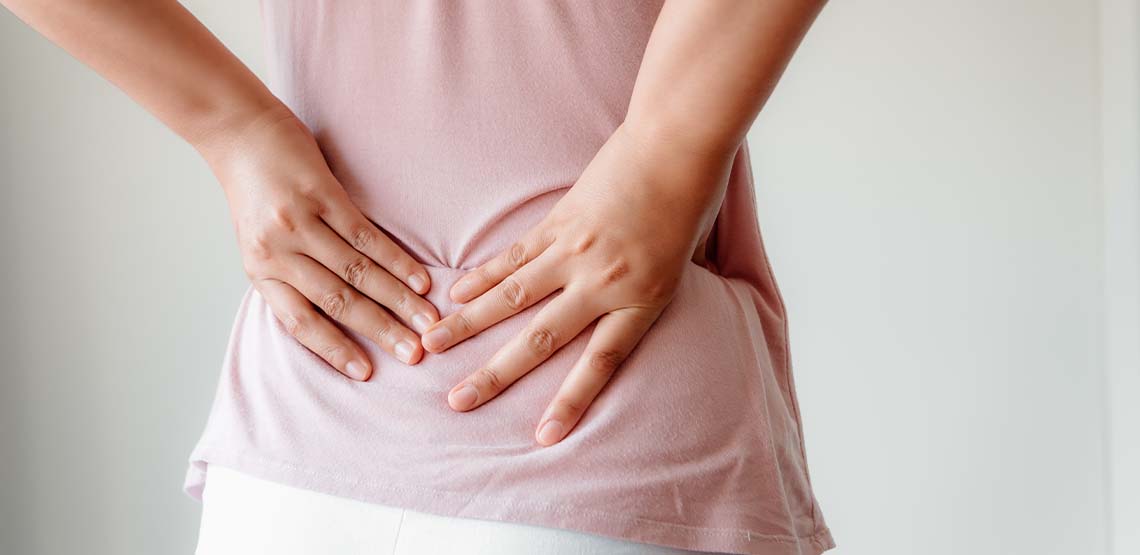Understanding Andropause
You’ve no doubt heard of menopause, which describes a period of changing hormones in women, but you might not be as familiar with andropause.
Similar to menopause, andropause also refers to a hormonal change, specifically a decrease in testosterone levels in men. To call andropause the “male menopause” though, as it’s sometimes called, is an overcomplication, since female menopause and male andropause are two different things entirely.
Let’s explore what andropause is, the causes and symptoms, plus unpack the stigma that can surround it and discuss management and treatment options if you’re going through it.
What Is Andropause?
As with women, whose hormones change as they go through life and enter menopause, hormones in men change over a lifetime, too. Andropause, or low testosterone, “late-onset hypogonadism” or “androgen deficiency” (which are various names it’s sometimes given), is marked by decreasing testosterone levels brought on by aging.
While it may be natural to lose some testosterone with age, it can be a cause for concern when it leads to certain unwanted effects and health implications.
There is also no one set range or rate of a drop in testosterone — it varies widely. An 80-year-old man can have higher testosterone levels than a 50-year-old man, for example. Every body is different inherently, plus lifestyle choices also play a role.
How and When It Affects Men
After the age of 30, men gradually begin to lose testosterone as the body’s naturals levels drop. In general, most men lose about 1% a year after the age of 30, so lower testosterone levels with age are totally normal and expected.
Unlike with the female menopause that has a clearly defined and known list of symptoms, the ways that men are affected by andropause aren’t as clearly defined or often even talked about.
Men will not know exactly how low their testosterone levels have gotten unless they undergo a blood test, which is the only way to get a clear picture of exactly what one’s levels are.
Adding to the stigma or silence around this issue, the entire “condition” is still under medical debate and many do not recognize it as its own condition.
The truth is, hormones affect so much of the way we feel day to day and how our bodies function, so a sharp decline in testosterone over time can of course have impacts in a man’s health in terms of physical, emotional and cognitive function.
Related Search Topics (Ads)
Symptoms
Perhaps the symptom most associated with lower testosterone levels is a drop in sexual performance and libido, but in fact, dropping testosterone levels can create a laundry list of symptoms, including:
- Reduced sex drive
- Erectile dysfunction
- Lower muscle mass and increased body fat
- Fatigue and sleepiness
- Depression
- Low bone mass
- Trouble focusing
- Reduced body hair
- Increased nervousness
Of course, these symptoms can also be indicative of many other illnesses not related to low testosterone, so don’t assume you must have low testosterone if you are experiencing any of these. Ultimately, a blood test is the only way to get to the bottom of your symptoms and see if you have low testosterone or if other ailments such as thyroid issues or medical side effects are to blame.
Treatment and Management Options
Once your doctor has run tests and found out your testosterone levels, if they are low, you may choose to pursue hormone replacement therapy which is one option for treatment. This could be a prescription testosterone injection or gel which can bring testosterone levels back. However, this route does come with its own side effects, such as increased risk of heart disease and blood clots, risk of causing sleep apnea, and possible increased risk of prostate cancer.
Understandably, this treatment route is controversial and not an option all will be willing to choose.
Luckily, this is not the only treatment option available. Your doctor may instead prescribe simple lifestyle changes that come with zero side effects and can be very effective in naturally raising testosterone levels. These could include cleaning up your diet, increasing your activity and exercise levels, and maintaining a healthy weight — all of which can affect testosterone levels.
Speak with your doctor if you’re noticing any of the symptoms of low testosterone: increased body fat, less muscle, and lower sex drive or sexual performance. Unfortunately, there can be an unnecessary stigma that surrounds male andropause and prevents many men from speaking up or getting the medical help to correct their levels.
Let your doctor know what you’re experiencing; andropause is a very common and normal condition, and can often be easily improved with lifestyle or medical interventions to get you back to feeling your best.


